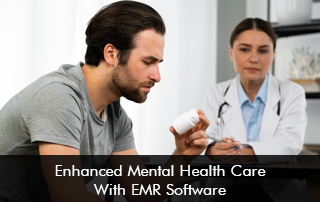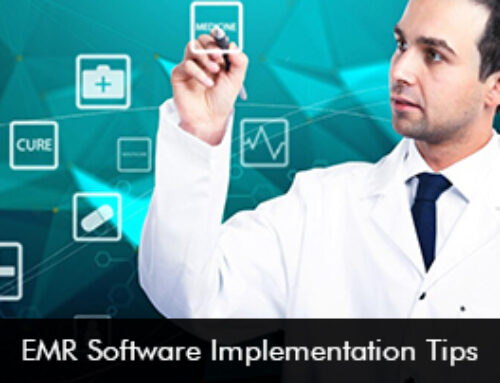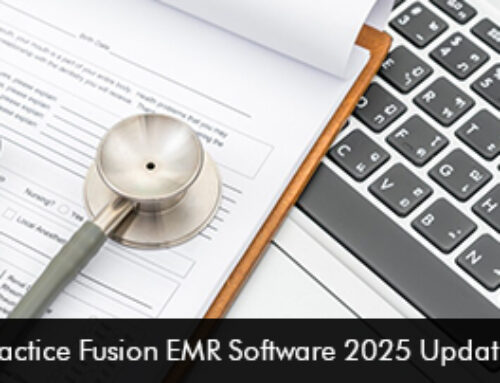EMR software specifically designed for mental health care is an indispensable tool. It offers a unique set of features tailored to the needs of behavioral health professionals and their patients. This leads to enhanced care delivery and more efficient practice management.
Understanding EMR Software in Mental Health Care
EMR software for mental health care, often referred to as mental health EMR, is a digital system for managing patient information, treatment plans, and other critical administrative tasks. This specialized software aids in streamlining workflows, securing patient data, and providing comprehensive care management for those in the behavioral health field.
Tailored Features for Mental Health Professionals
Mental health EMR systems are designed with features that cater to the specific needs of psychiatrists, psychologists, counselors, and other mental health professionals. These features include customizable templates for various mental health conditions, secure messaging systems for patient communication, and integrated billing that aligns with mental health coding and reimbursement policies.
Secure Patient Data Management
One of the core advantages of EMR software is the enhanced security it provides for sensitive patient data. Mental health records often contain highly confidential information that requires robust protection. Mental health EMR systems offer secure access controls, data encryption, and compliance with regulations like HIPAA to ensure patient privacy is maintained.
The Impact of EMR Software on Mental Health Care
The adoption of mental health EMR software has significantly impacted the way care is delivered. From improving patient outcomes to facilitating better communication among healthcare providers, EMR systems are a cornerstone of modern mental health practice.
Improved Patient Outcomes
By providing a centralized location for all patient information, EMR software allows mental health professionals to track progress over time, adjust treatment plans promptly, and identify potential issues before they escalate. This comprehensive view of a patient’s history is crucial for informed decision-making and personalized care.
Enhanced Communication and Collaboration
Mental health care often requires a multidisciplinary approach. EMR software fosters improved communication and collaboration among healthcare providers by enabling easy access to shared patient records. This ensures that all members of a care team are on the same page, reducing the risk of errors and enhancing the quality of care.
Streamlined Administrative Processes
Mental health EMR systems automate many of the time-consuming administrative tasks associated with running a practice. From appointment scheduling to billing and claims submission, EMR software reduces the administrative burden on staff, allowing them to focus more on patient care.
Choosing the Right Mental Health EMR Software
When selecting an EMR system for your mental health practice, it’s important to consider several factors to ensure it meets your specific needs.
Key Features to Look For in EMR Software
- Customizable clinical templates for various mental health conditions
- Integrated billing and coding tools specific to behavioral health
- Secure patient portal for communication and access to health information
- Mobile access for on-the-go documentation and patient management
- Robust reporting and analytics capabilities for practice insight
Assessing Your Practice’s Needs
Before committing to an EMR system, assess your practice’s unique requirements. Consider the size of your practice, the types of services you offer, and your current workflow challenges. This will help you identify a system that can effectively address your needs and integrate smoothly into your existing operations.
EMR Software Vendor Support and Training
Ensure that the EMR software vendor you choose offers comprehensive support and training. Effective implementation and ongoing technical support are crucial for getting the most out of your EMR system and minimizing disruptions to your practice.
The Future of Mental Health EMR Software
The future of mental health EMR software looks promising, with ongoing advancements aimed at further enhancing care delivery and practice management.
Technological Innovations on the Horizon
Emerging technologies like artificial intelligence (AI) and machine learning are expected to integrate into EMR systems, providing even more sophisticated tools for diagnosis, treatment planning, and predictive analytics.
Emphasis on Patient-Centric Care
As EMR software continues to evolve, there will be a greater focus on patient-centric features, such as advanced patient portals and telehealth integration. These advancements will make it easier for patients to take an active role in their mental health care journey.








